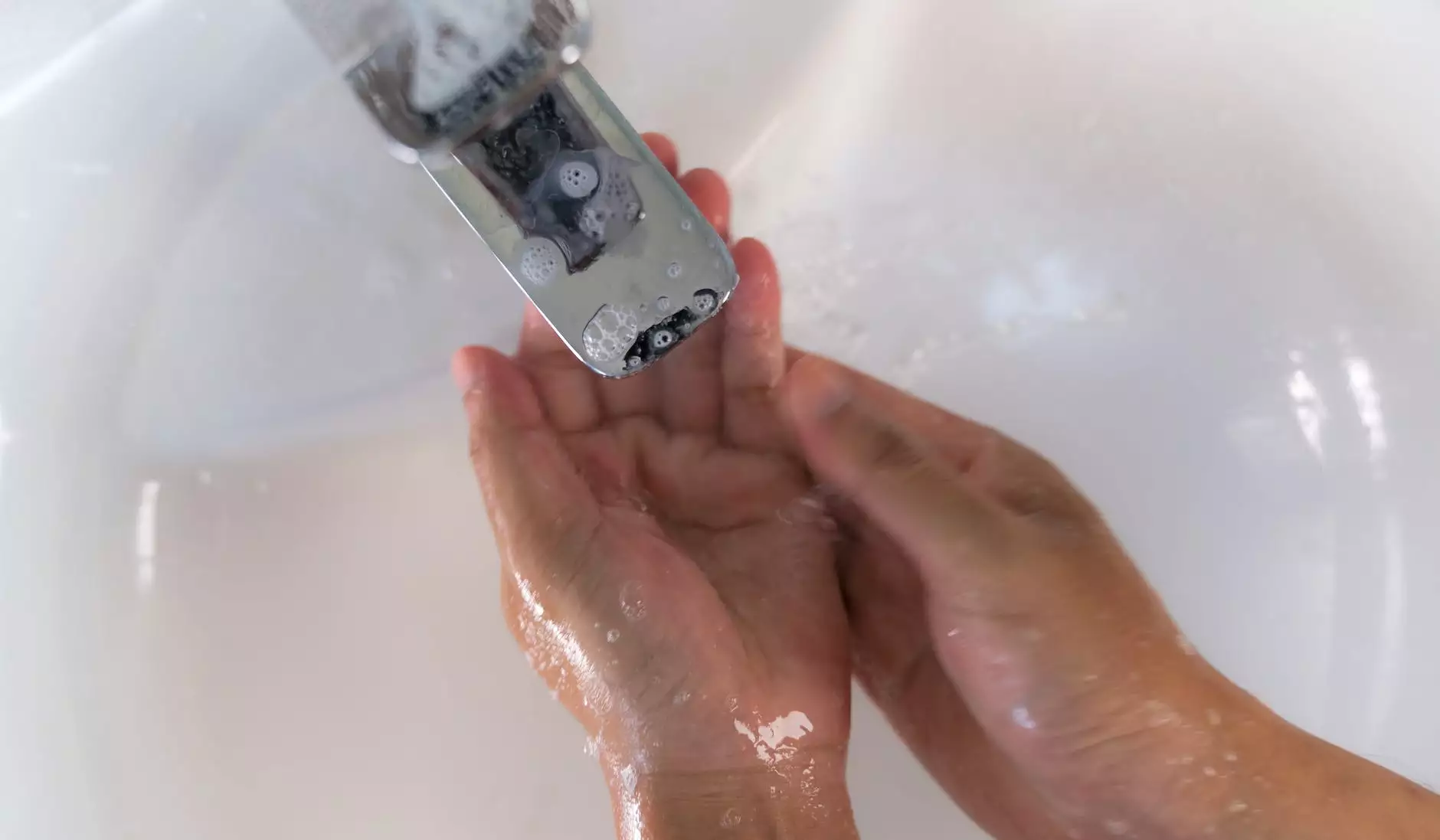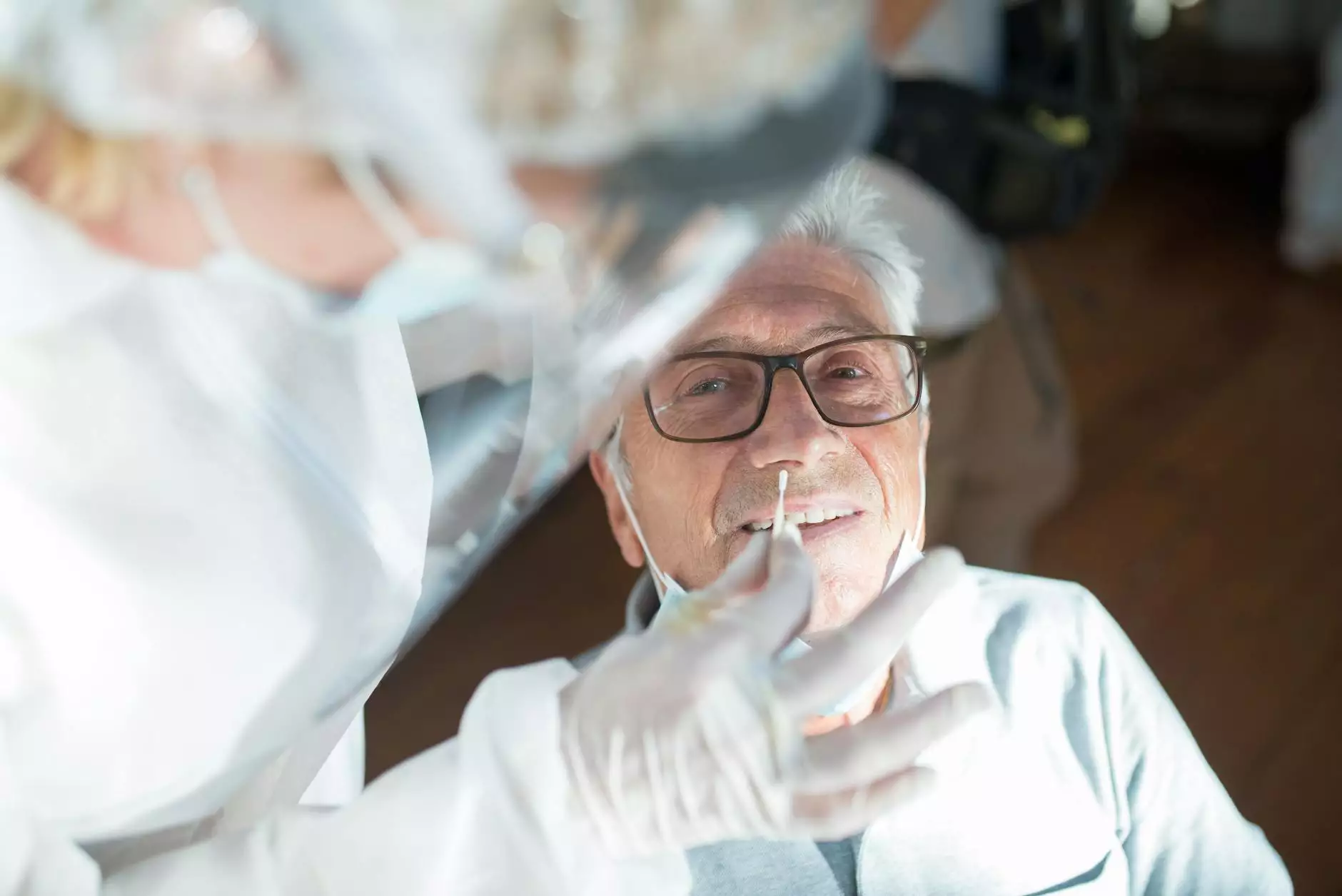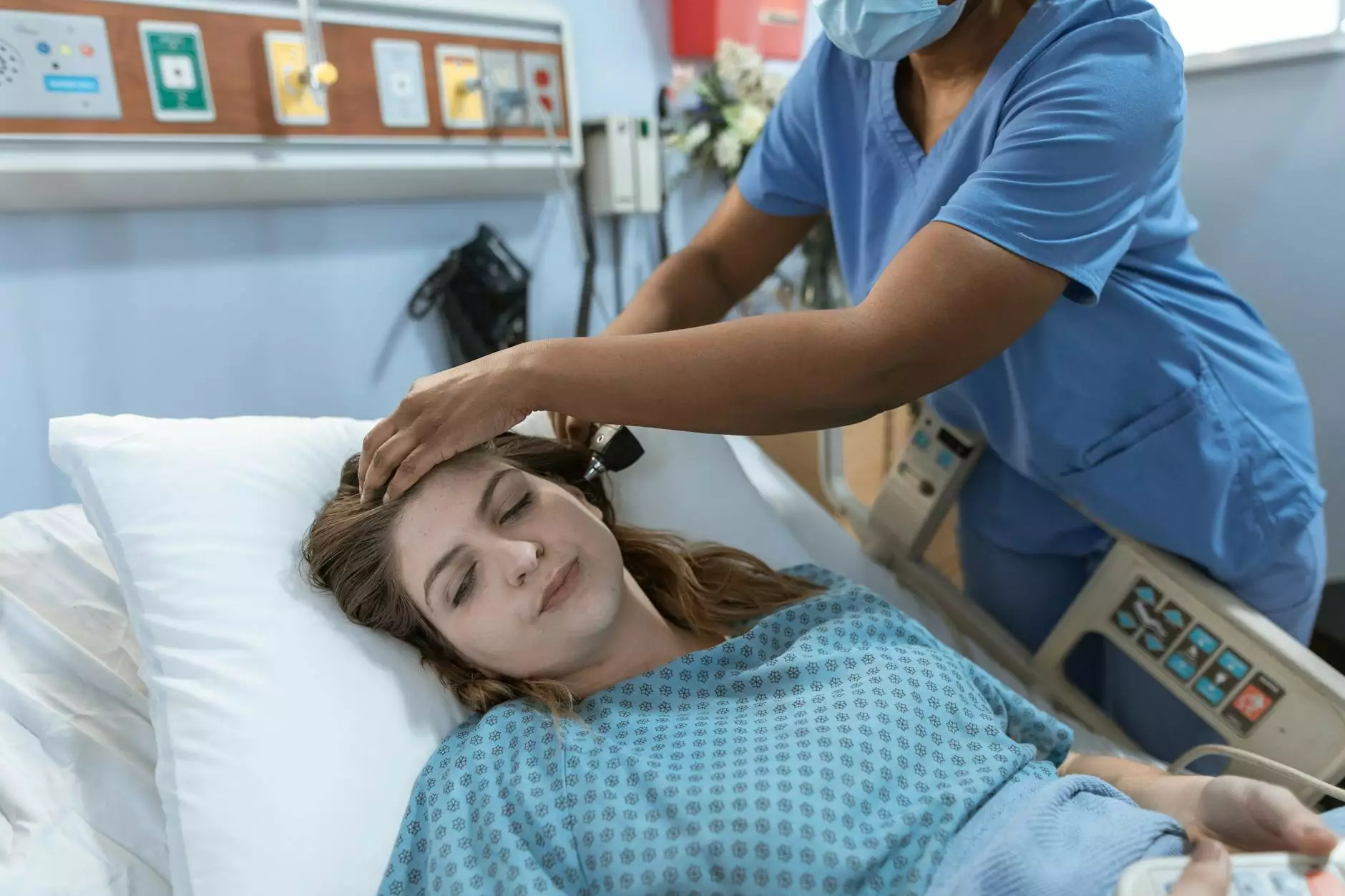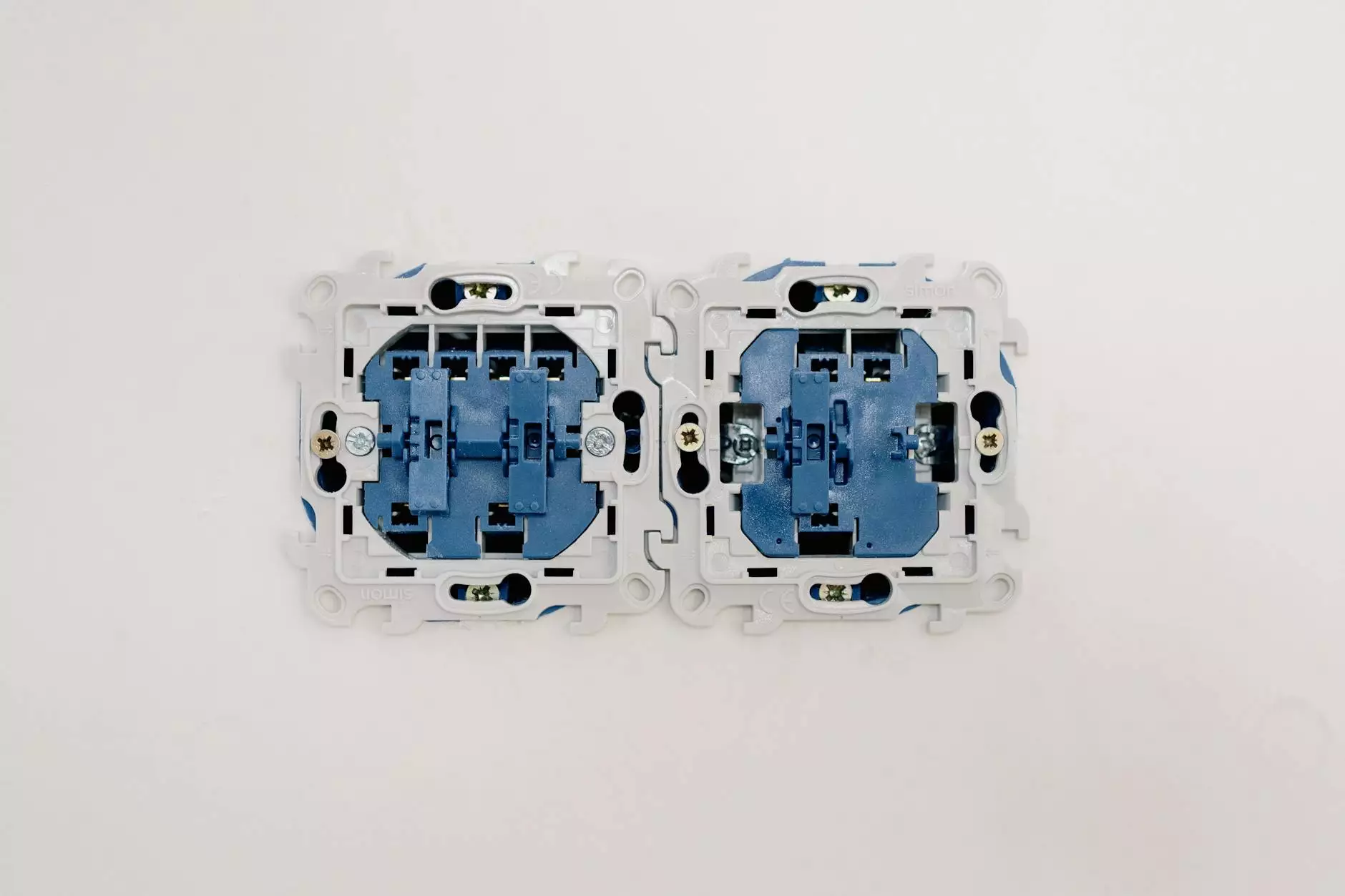HOW TO PREVENT & TREAT DEHYDRATION

Introduction
Welcome to Anointed and Blessed Home Health Care's comprehensive guide on how to prevent and treat dehydration. In this article, we will discuss the importance of hydration and provide you with valuable information on recognizing the signs and symptoms of dehydration.
The Importance of Staying Hydrated
Staying hydrated is crucial for maintaining good health and well-being. Our bodies are made up of approximately 60% water, and water plays a vital role in various bodily functions such as:
- Regulating body temperature
- Lubricating joints
- Transporting nutrients
- Removing waste products
- Aiding digestion
Dehydration occurs when there is a lack of water intake or excessive water loss from the body. It can lead to numerous health issues, including:
- Increased risk of heatstroke
- Impaired cognitive function
- Reduced physical performance
- Urinary and kidney problems
- Constipation
- Headaches
Preventing Dehydration
Prevention is key when it comes to dehydration. Here are some essential tips to help you stay properly hydrated:
1. Drink Sufficient Water
Make it a habit to consume an adequate amount of water throughout the day. Although individual needs may vary, a general guideline is to drink at least 8 glasses (64 ounces) of water daily.
2. Monitor Your Fluid Intake
Pay attention to your fluid intake, especially during hot weather, physical activities, or if you're experiencing illness. Increase your water consumption accordingly to replenish lost fluids.
3. Eat Water-Rich Foods
Include fruits and vegetables with high water content in your diet. Examples include watermelon, cucumbers, oranges, and strawberries. These foods can contribute to your overall hydration levels.
4. Limit Diuretic Beverages
Avoid excessive consumption of diuretic beverages such as alcohol, coffee, and sugary drinks. These can contribute to fluid loss and increase the risk of dehydration.
5. Be Mindful of Medications
Some medications can have diuretic effects, increasing urine production and fluid loss. Consult with your healthcare provider to understand potential side effects and adjust your fluid intake if needed.
Recognizing the Signs and Symptoms
It's important to be aware of the signs and symptoms of dehydration to take prompt action. Here are some common indicators:
1. Thirst
Feeling thirsty is a clear indication that your body needs more water. Don't ignore this signal and make sure to drink fluids throughout the day.
2. Dry Mouth and Lips
When you're dehydrated, your mouth and lips may feel dry, sticky, or parched. Keep a water bottle handy to keep your mouth moist.
3. Fatigue and Weakness
Dehydration can cause fatigue, weakness, and a lack of energy. If you're feeling drained, increasing your fluid intake might help restore your vitality.
4. Dark-Colored Urine
Monitoring your urine color is an excellent way to gauge your hydration levels. Dark yellow urine is a possible indication of dehydration, while light yellow or clear urine suggests proper hydration.
5. Dizziness and Headaches
Dehydration can lead to dizziness, lightheadedness, and headaches. If you experience these symptoms, it's vital to rehydrate and rest.
Seeking Treatment for Dehydration
If you suspect or confirm dehydration, it's essential to take the necessary steps to treat it promptly. Mild dehydration can often be resolved by rehydrating with water or oral rehydration solutions.
However, severe dehydration requires immediate medical attention. If you experience persistent symptoms or signs of severe dehydration, such as rapid heartbeat, confusion, or inability to keep fluids down, seek medical assistance right away.
Conclusion
In conclusion, maintaining proper hydration levels is crucial for your overall health and well-being. By following the tips provided in this guide, you can prevent dehydration and its associated complications. Remember to stay mindful of your fluid intake, recognize the signs of dehydration, and seek treatment when necessary.
For more information and personalized advice, reach out to the experts at Anointed and Blessed Home Health Care. We are dedicated to providing exceptional healthcare support and ensuring the well-being of our clients.
----------------------------------------------------------------------------------------------------------------------------------------------------------------------------------
If you are looking for trusted and reliable home health care services, Anointed and Blessed Home Health Care is here to help. We are a leading provider of compassionate and comprehensive home health care solutions. Our skilled professionals are committed to assisting individuals in maintaining their independence and enhancing their quality of life.
At Anointed and Blessed Home Health Care, we understand the importance of preventative care and educating our clients about various health topics. In this article, we will delve into the topic of dehydration, discussing how to prevent and treat it effectively.
Dehydration occurs when the body loses more fluids than it consumes. It can be caused by various factors, such as excessive sweating, inadequate fluid intake, certain medical conditions, or certain medications. It is important to recognize the signs of dehydration and take appropriate measures to prevent or treat it.
Effective Tips to Prevent Dehydration:
- Drink plenty of water throughout the day. It is recommended to consume at least eight glasses of water daily.
- Avoid excessive consumption of dehydrating beverages such as alcohol and caffeinated beverages.
- Include water-rich foods in your diet, such as fruits and vegetables.
- Monitor your hydration levels, especially during physical activities or on hot days.
- Take note of medications that may cause increased fluid loss and adjust your water intake accordingly.
Recognizing and Treating Dehydration:
It is crucial to be aware of the signs of dehydration, which may include:
- increased thirst
- dry mouth and lips
- dark-colored urine
- fatigue and weakness
- dizziness or lightheadedness
- confusion or irritability
If you experience any of these symptoms, it is essential to take immediate steps to rehydrate your body. Mild dehydration can usually be resolved by drinking water or consuming fluids that contain electrolytes. However, if dehydration symptoms persist or worsen, it is advised to seek medical attention.
Anointed and Blessed Home Health Care is committed to providing superior care and support to individuals in need. Our dedicated team of healthcare professionals is highly experienced in managing dehydration and other medical conditions. We prioritize our clients' well-being and work diligently to optimize their health outcomes.
If you require further assistance or have additional questions about dehydration, our team at Anointed and Blessed Home Health Care is here to help. Feel free to contact us for personalized guidance and professional advice. We genuinely care about your health and are ready to support you on your journey to overall wellness.









